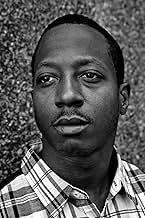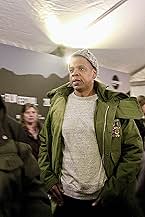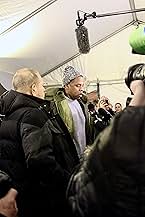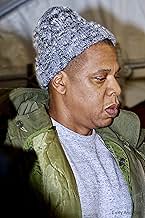After his arrest at age 16, Kalief Browder fought the system and prevailed, despite unthinkable circumstances. He became an American hero.After his arrest at age 16, Kalief Browder fought the system and prevailed, despite unthinkable circumstances. He became an American hero.After his arrest at age 16, Kalief Browder fought the system and prevailed, despite unthinkable circumstances. He became an American hero.




























